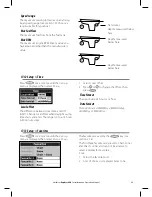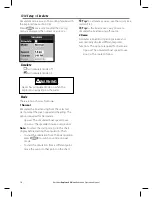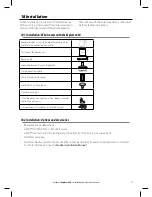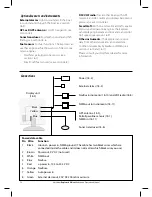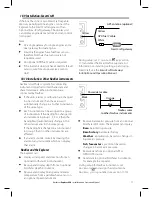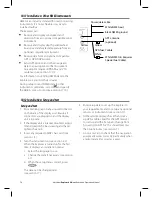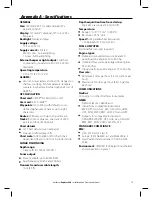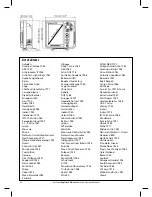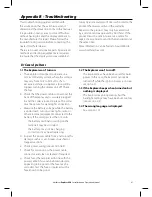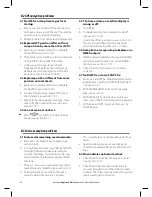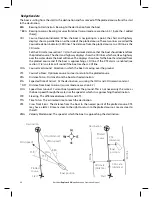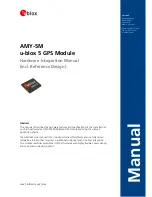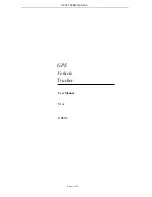
Northstar
Explorer 650
Installation and Operation Manual
82
B-2 GPS navigation problems
2-1 No GPS fix or long time to get fix at
startup:
a
May occur occasionally if the antenna does
not have a clear view of the sky. The satellite
positions are constantly changing.
b Antenna cable not connected to display unit.
2-2 Explorer GPS position different from
true position by more than 10 m (33 ft):
a
Explorer in simulate mode. Turn simulate
mode off (see section 17-14).
b The normal error in GPS position will exceed
10 m (33 ft) for about 5% of the time.
c
Under special circumstances the US
Department of Defence may introduce a
deliberate and changing error in the GPS
positions of up to 300 m (1000 ft).
2-3 Explorer position different from same
position on local charts:
a
Explorer in simulate mode. Turn simulate
mode off (see section 17-14).
b Incorrect chart datum. Select the correct
chart datum (see section 17-2).
c
Map shift has been applied wrongly. Clear
map shift, then reapply if necessary (see
section 17-2).
2-4 Can not see boat on chart:
Press
to switch to centre on boat
mode (see section 3-2-1).
2-5 The time or date on satellite display is
wrong or off:
a
No GPS fix.
b In simulate mode. Turn simulate mode off
(see section 17-14).
c
Local time offset is wrong (see section 17-12).
The Local Time Offset must be changed
when daylight saving time starts or ends.
2-6 Autopilot not responding to Explorer; no
NMEA output:
a
NMEA output disabled or the required NMEA
sentences are not turned on. Check NMEA
settings (see section 17-10).
b Check that the instrument is connected
correctly.
2-7 No DGPS fix or loss of DGPS fix:
a
To receive a DGPS fix, WAAS/EGNOS must be
enabled or an optional DGPS antenna fitted
(see section 7).
b With WAAS/EGNOS: Boat out of coverage
area (see section 7).
c
With WAAS: GPS antenna does not have a
clear view of the horizon towards the equator.
b With beacon DGPS: boat out of range of a
DGPS beacon.
3-1 Fuel used or remaining seem inaccurate:
a
Explorer is not wired for auto power (see
section 18-4).
b In rough seas, fuel may surge back and forth
through the fuel transducer, resulting in
incorrect readings. Try installing a one-way
valve between the fuel transducer and the
fuel tank.
c The
Set remaining
fuel value must be
reset after every refuelling (see section 12-1).
d The fuel tank may not refill to the same
capacity each time due to air pockets.
B-3 Fuel consumption problems
This is particularly noticable with underfloor
tanks.
e
Fuel transducers wear out over time and
should be replaced after every 5000 litres of
fuel.
3-2 Flow indicates no fuel or low fuel:
a
Check that the number of engines is set to 1
(see section 17-5).
b Check that the fuel cable connectors are
securely plugged in and the collar is locked
in place. The collar must be locked in place to
give a watertight connection.


